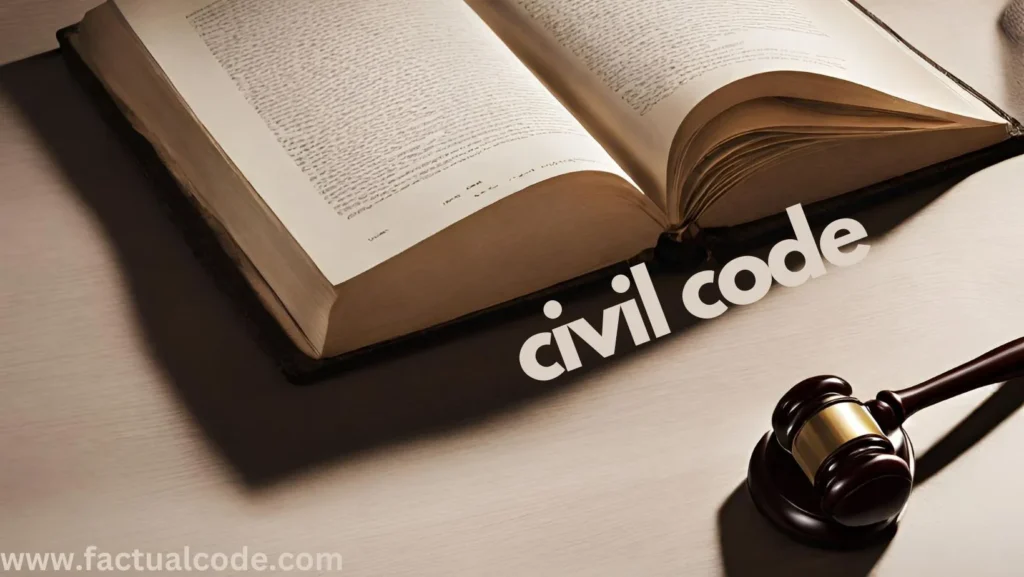The Code of Civil Procedure, 1908 (CPC), provides a framework for appeals, enabling litigants to challenge lower court decisions. Here’s a concise guide to appeals under CPC:
1. What Is an Appeal?
An appeal allows a higher court to review a lower court’s decision to address errors in law or fact and ensure justice.
2. Provisions for Appeals
- Sections 96–99A: First Appeals against original decrees.
- Sections 100–103: Second Appeals on substantial questions of law.
- Sections 104–106: Appeals from orders.
- Order XLI: Procedures for filing appeals.
3. Types of Appeals
- First Appeal (Sec. 96): Reviews factual and legal issues but excludes consent decrees and certain small claims.
- Second Appeal (Sec. 100): Limited to substantial questions of law.
- Appeals from Orders (Sec. 104): Covers specific orders like injunctions.
4. Grounds for Appeal
- Errors in law or fact.
- Procedural irregularities.
- Substantial legal questions (for second appeals).
5. Procedure for Filing
- File a memorandum of appeal per Order XLI.
- Comply with the Limitation Act deadlines (90 days for High Court, 30 days otherwise).
- Seek stay of execution if required.
6. Powers of Appellate Courts
- Confirm, modify, or reverse decrees.
- Remand cases for retrial.
- Admit additional evidence (Order XLI Rule 27).
- Pass final orders.
7. Limitations on Appeals
- Consent decrees and minor claims are non-appealable.
- Interlocutory orders require express permission.
8. Key Case Laws
- Santosh Hazari v. Purushottam Tiwari (2001): Defined “substantial question of law.”
- State Bank of India v. S.N. Goyal (2008): Restricted High Court to legal questions in second appeals.
- Municipal Committee, Hoshiarpur v. Punjab SEB (2010): Reinforced legal basis for second appeals.
- Government of Kerala v. Joseph (2023): Emphasized material impact for second appeals.
Conclusion
Appeals under CPC safeguard judicial accountability by addressing errors while upholding fairness and justice through structured processes and clear limitations.
References- THE CODE OF CIVIL PROCEDURE, 1908 THE LIMITATION ACT, 1963 www.indiacode.nic.in www.indiacode.nic.in www.indiacode.nic.in www.writinglaw.com lawwire.in lawwire.in lawwire.in lawwire.in www.drishtijudiciary.com www.advocatekhoj.com www.advocatekhoj.com State Bank Of India & Ors vs S.N. Goyal on 2 May, 2008 Santosh Hazari vs Purushottam Tiwari (Dead) By Lrs on 8 February, 2001 Municipal Committee, Hoshiarpur vs Punjab State Electricity Board & Ors on 19 October, 2010 Govt. Of Kerala vs Joseph on 9 August, 2023

